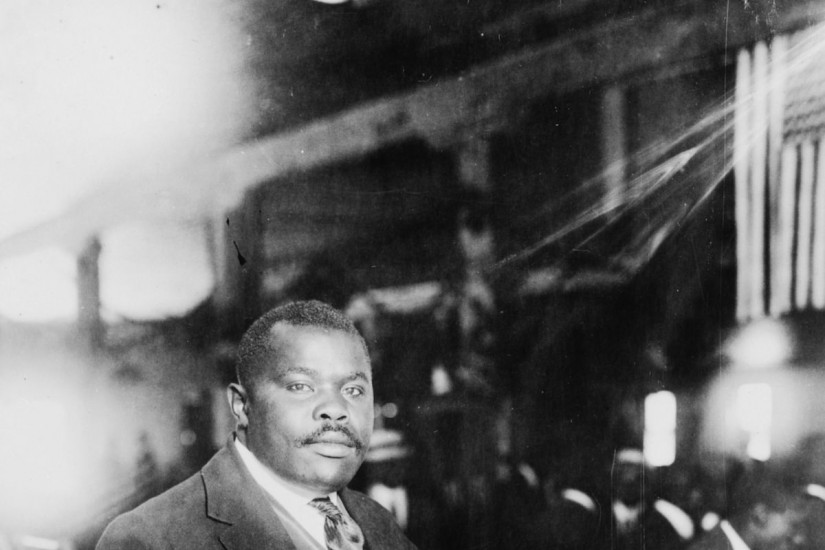For anti-colonial intellectuals and black activists in the U.S., the Japanese victory presented a moment of realization: If, with the right strategy, European colonialists could be forced to retreat from far east Asia, why couldn’t they be forced to leave the Caribbean and Africa?
By the time World War I began, Du Bois would write a seminal essay, “The African Roots of War,” wherein he would ask why African workers and laborers would participate in a war they couldn’t understand. Why, he wondered, would “Africans, Indians and other colonial subjects” fight for the sole aim of “the exploitation of the wealth of the world mainly outside the European circle of nations?” He demanded that they take inspiration from “the awakened Japanese.”
For Du Bois and his contemporaries, the Japanese victory proved that the empire could be a fulcrum for the colored peoples of the world, a means by which European expansion could be dislodged. But what a paradox this was: The Japanese empire, which sought nothing but the occupation of Korea, Manchuria, and if possible, the whole Far East, was being cheered on by self-identified anti-colonial intellectuals.
Regardless, Japan cast its spell on black consciousness, and by the end of World War I, African American and Japanese intellectuals would develop a transpacific camaraderie. African Americans would praise Japanese diplomacy, and Japanese intellectuals—left-wing or right-wing—would condemn Jim Crow. To understand this relationship, one must look to Paris.
